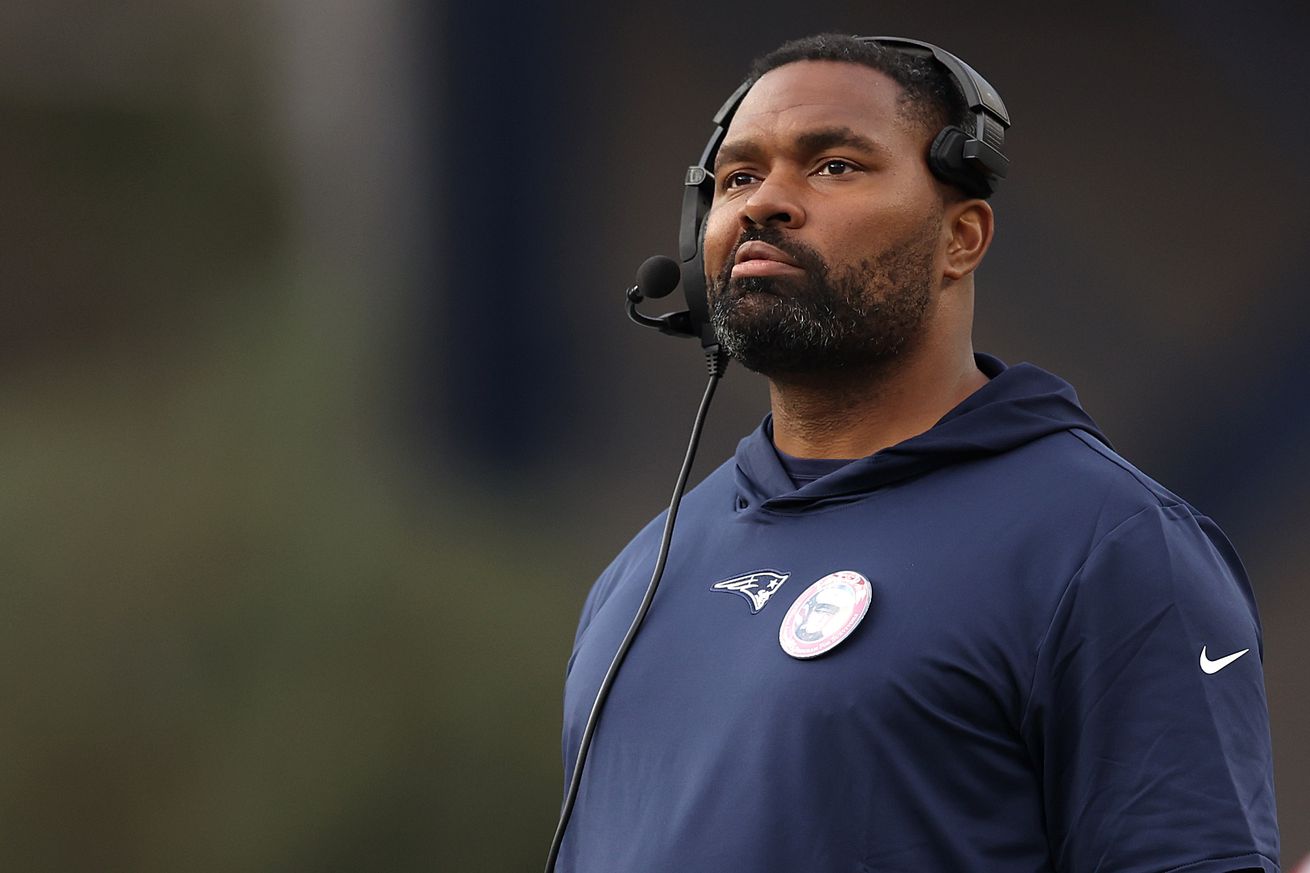
The league voted to adopt 12 proposals ranging from a new kickoff procedure to banning the hip-drop tackle.
The NFL annual meetings in Orlando, FL, took place earlier this week and one important part was voting on rule and bylaw change proposals. The 32 teams and the competition committee had the opportunity to present ideas on how to make the game better.
In total, 12 proposals were able to get a two-thirds majority among the owners present and will therefore be implemented this upcoming season. What do those mean specifically for the New England Patriots, though? Let’s find out by going through the changes as announced by the NFL.
Approved Playing Rules
1. Protect a club’s ability to challenge a third ruling following one successful challenge. Whereas teams previously had to be successful on both of their challenges to earn a third one, they now can do so with just one successful challenge. The Patriots will have a first-time head coach, Jerod Mayo, throw the red challenge flag this season.
5. Allow for an enforcement of a major foul by the offense prior to a change of possession in a situation where there are fouls by both teams. Previously, “major” offensive penalties such as unnecessary roughness or an unsportsmanlike conduct were ignored on plays where there were fouls by both teams following a change of possession. Moving forward, those fouls will be taken into the equation as well. This means that if there is a double foul or one of those major penalties, the team last in possession of the ball will keep it with that non-offsetting major foul enforced nonetheless.
6. Include a ruling of a passer down by contact or out of bounds before throwing a pass as a reviewable play. This effectively increases the scope of which plays are reviewable. Moving forward, a passer being down by contact or out off bounds before throwing a pass can be reviewed.
7. Allow a replay review when there is clear and obvious visual evidence that the game clock expired before any snap. This falls into the same basic category as proposal No. 6, only in regards to the game clock. The Patriots had a play like this during the 2022 season, when Bailey Zappe threw a touchdown pass to DeVante Parker even though the ball was clearly snapped after the game clock had hit 0:00. Under the new rule, that part of the play would be reviewable now.
8. Eliminate a potentially dangerous tackling technique. In a controversial ruling, the so-called hip-drop tackle has been banned and will now be a 15-yard penalty and automatic first down moving forward. Patriots running back Rhamondre Stevenson was injured on a play like this last season, but team captain David Andrews still came out in support of the tackling technique afterwards. The NFLPA as a whole recommended keeping the play legal, but the league’s owners apparently had different ideas.
10A. Amends Rule 6, to create a new form of a free kick play that is designed to: (1) resemble a typical scrimmage play by aligning players on both teams closer together and restricting movement to reduce space and speed; and (2) promote more returns. Permits the Replay Official automatically review whether a free kick legally touched the ground or a receiving team player in the landing zone. We already looked at this one in greater detail on Tuesday, and pointed out that the new kickoff rule could end up a net positive for the Patriots.
Approved Bylaws
2. To provide clubs with an unlimited number of designated for return transactions in the postseason. Previously, teams were allowed to return eight players total from injured reserve and non-football injury/illness during the season — including playoffs. Under the modified bylaw, an unlimited number of players can be brought back during the postseason. This allows playoff teams to have players return from IR and NFI even if they already used all eight of their regular season activations.
4. To move the trading deadline to the Tuesday after Week 9 games. The trading deadline traditionally was after Week 8, but has now been moved back one week. This gives teams time to react to injuries suffered in Week 9, too. The 2024 trade deadline will be on Tuesday, Nov. 5.
6. To permit each club to place a maximum of two players who are placed on an applicable Reserve List on the business day of the final roster reduction to be designated for return. Such players will immediately count as two of the club’s total designations. Teams will now be allowed to place up to two players on a reserve list before the roster cutdown deadline, but still designate them as one of their eight eligible to return during the regular season. Previously, all players sent to reserve/IR or reserve/NFI before cutdowns were ineligible to be brought back, which led to some roster juggling. Last year, two injured Patriots — wide receiver Tyquan Thornton and offensive lineman Riley Reiff — remained on the active roster through the cutdown deadline, only to then be moved to injured reserve shortly thereafter in the interest of remaining eligible to be reactivated.
7. To expand the Standard Elevation rules to permit clubs to elevate a bona fide Quarterback an unlimited number of times from its practice squad to its Active List to be its Emergency Third Quarterback. The Patriots kept three quarterbacks on their 53-man roster last year in order to be able to use one of them as the third emergency QB on game day. Now, a practice squad player would be able to fill this role an unlimited number of times — which might be bad news for the roster prospects of backups Bailey Zappe and Nathan Rourke.
Approved Resolutions
G-1. To make the injury reporting rules for players who do not travel with their clubs to games away from their home city competitively fairer. Basically speaking, road teams are now required to announce players as “out” (or to give them another status depending on their outlook) immediately prior to departing their home city. There was some nuance to the previous reporting procedure, which prompted the Buffalo Bills to propose a now-adopted alternative.
G-2A. Expands the 2023 preseason trial of providing a specific Hawk-Eye feed in the coaches booths for the 2024 preseason with full implementation for the 2025 season. Thanks to a Jacksonville Jaguars proposal, teams’ coaches will now have access to the Hawk-Eye feed used by the replay official. The 2024 preseason will serve as a test run, with the 2025 regular season seeing full rollout.

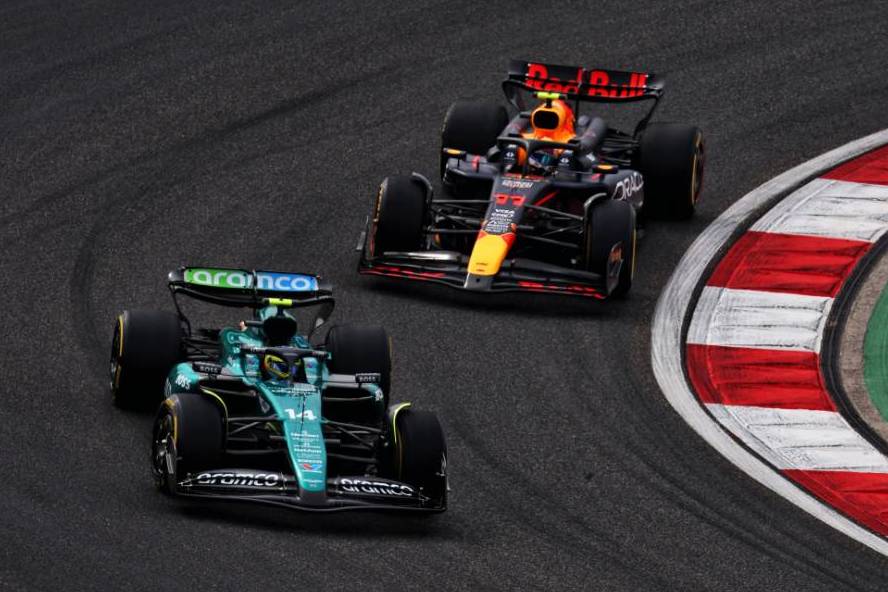
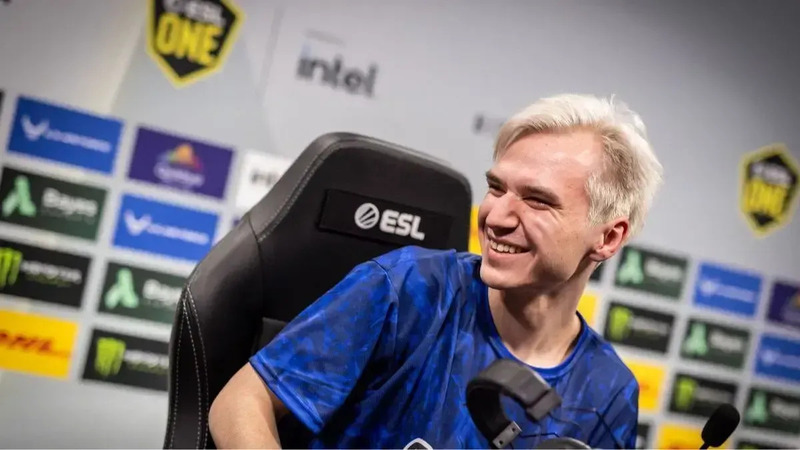
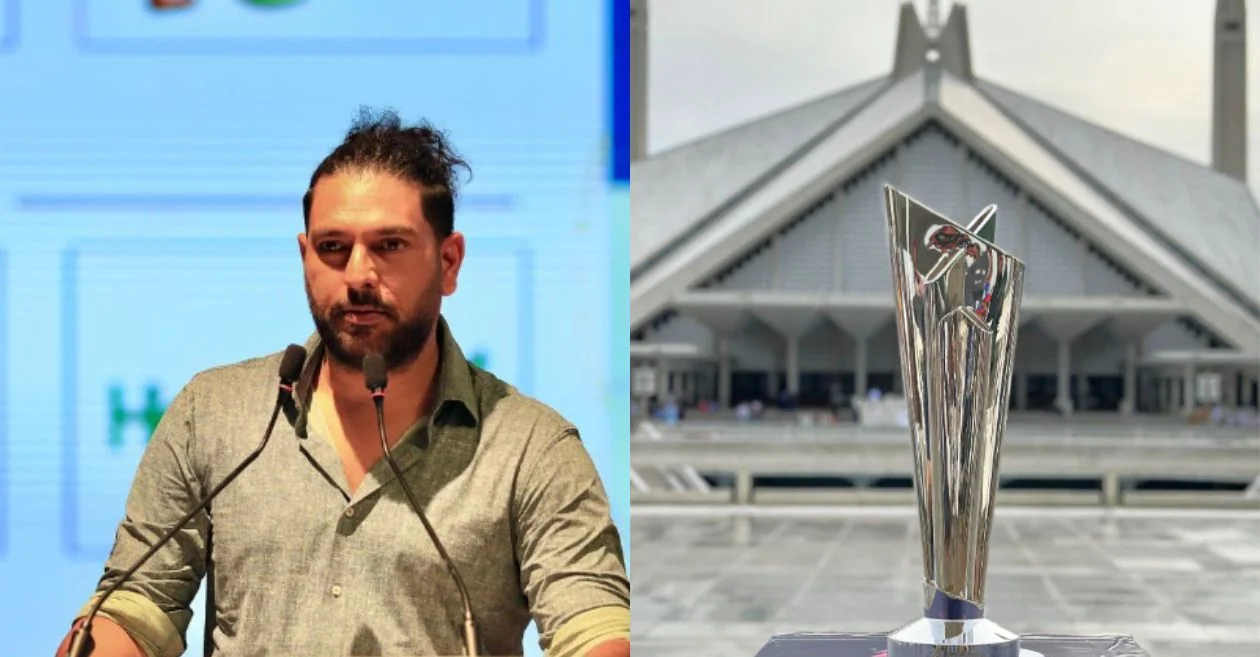
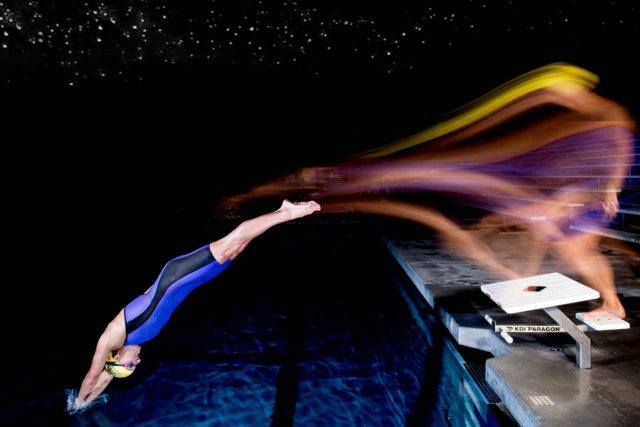


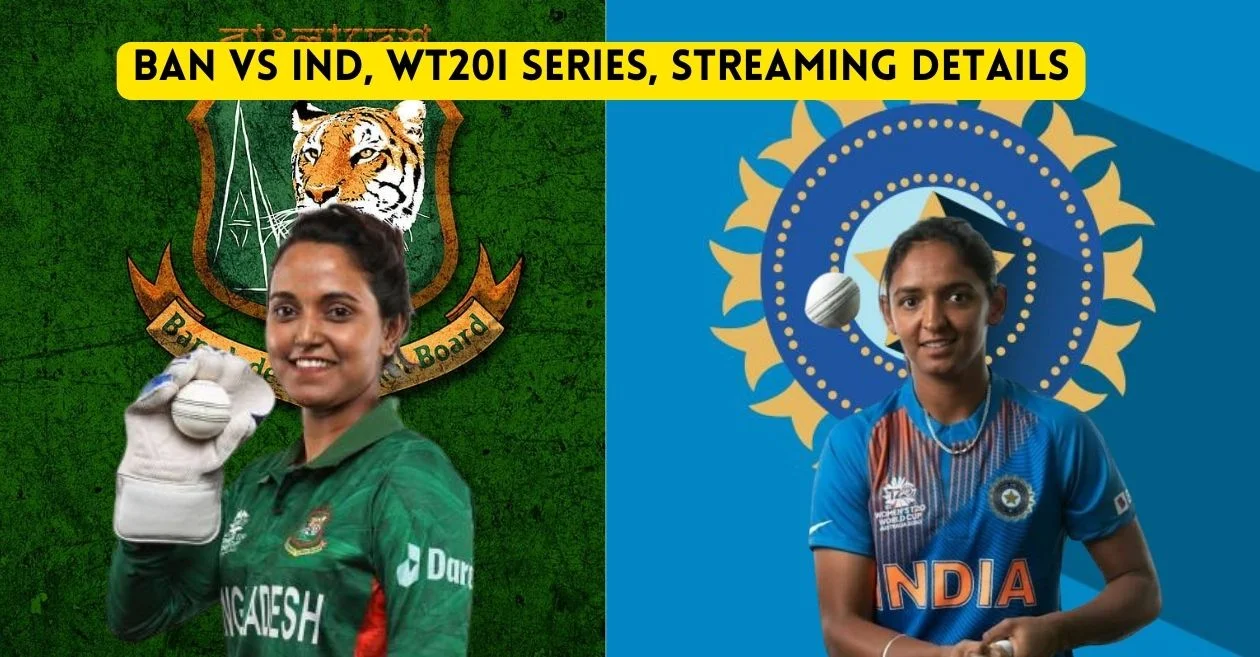











You must be logged in to post a comment Login